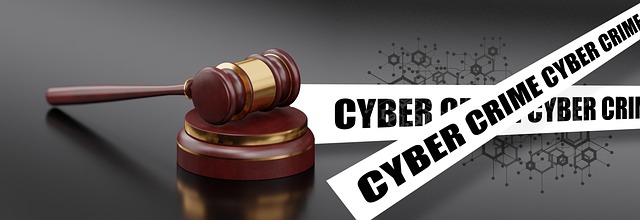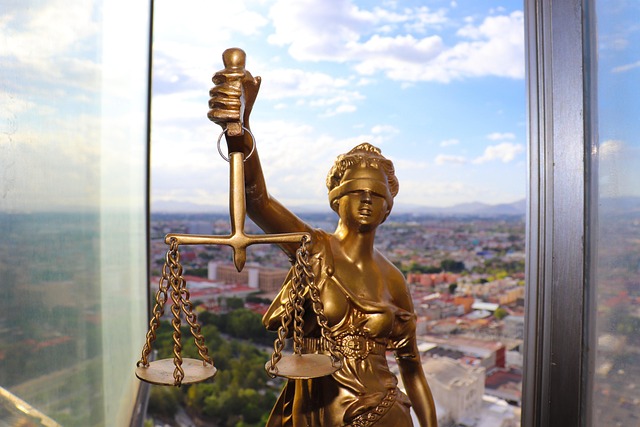Public corruption charges, involving bribery, fraud, and misuse of public funds, are serious legal issues with strict Statute of Limitations for Libel Cases (SOL) varying by jurisdiction (1-2 years). SOL dictates time frame for filing charges, ensuring justice within a reasonable timeframe. Navigating these cases requires swift action, challenging accusations, proving lack of malice, and demonstrating public interest. Law enforcement uncovers corrupt practices through complex investigations, facing challenges under various regulations. Legal consequences include fines, imprisonment, civil lawsuits, and potential charge dismissal based on evidence presented.
“Uncovering public corruption is a complex legal journey, often shrouded in intricate details. This article guides you through the critical aspects of navigating these charges, from understanding the basics to delving into specific strategies. We explore the Statute of Limitations for Libel Cases, a key consideration in such investigations, and its impact on legal proceedings. Learn about the elements that constitute libel in public corruption cases, along with potential defenses. Get an inside look at investigating corrupt practices and the subsequent legal implications, offering valuable insights for all stakeholders.”
- Understanding Public Corruption Charges
- The Role of Statute of Limitations
- Libel Cases: Key Elements and Defense
- Investigating Corrupt Practices
- Legal Implications and Consequences
Understanding Public Corruption Charges

Public corruption charges are a serious matter that involves individuals or entities abusing their power or position for personal gain within government or public institutions. These cases encompass a wide range of illegal activities, including bribery, fraud, and abuse of public funds. Understanding the nature of these charges is crucial when navigating legal processes, as it can have significant implications for those involved.
The Statute of Limitations for libel cases plays a critical role in corruption investigations. This legal concept dictates the time period within which criminal actions must be prosecuted. The duration varies across jurisdictions but generally requires authorities to initiate proceedings within a specific window after the alleged offense. For corporate and individual clients, philanthropic and political communities alike, being aware of these timelines is essential to ensure timely defenses and mitigate potential consequences.
The Role of Statute of Limitations

The Statute of Limitations plays a crucial role in public corruption cases, acting as a legal timer to ensure justice is served within a reasonable timeframe. In many jurisdictions, there’s a specific period within which charges must be filed after the alleged corrupt act occurs. This statute varies by jurisdiction and crime type, but it’s designed to prevent indefinite delays in prosecution, protecting both the accused and the integrity of the system.
For libel cases stemming from public corruption allegations, understanding the Statute of Limitations is paramount. While the primary focus in high-stakes cases tends to be on building a winning challenging defense verdict through robust evidence and skilled jury trials, the clock governed by the statute must not be forgotten. Failure to bring charges within the prescribed limit can lead to dismissal, potentially hindering efforts to hold corrupt officials accountable.
Libel Cases: Key Elements and Defense

Libel cases involving public corruption charges require a deep understanding of key elements and robust defense strategies. In many jurisdictions, the Statute of Limitations for libel cases sets a time frame within which legal actions can be initiated, typically ranging from one to two years. This crucial aspect demands prompt action from those facing such allegations.
Defending against libel claims in the context of public corruption is an intricate process that considers both corporate and individual clients’ interests. The defense strategy often involves challenging the truthfulness of the accusations, demonstrating a lack of malice on the part of the accuser, and proving that any statements made were in the public interest. For his clients, this may involve meticulous documentation, expert testimony, and legal arguments that navigate the complexities of white-collar and economic crimes.
Investigating Corrupt Practices

Investigating corrupt practices is a complex and challenging task, often involving intricate financial transactions and insidious networks. Law enforcement agencies must navigate a maze of regulations and laws to uncover and prove wrongdoing. The Statute of Limitations for Libel Cases plays a significant role in these investigations, dictating the time frame within which legal proceedings can take place. This temporal constraint ensures that justice is served promptly while preventing prolonged legal battles that might hinder accountability.
In many jurisdictions, the respective business activities of individuals under scrutiny are examined to identify any misconduct. For his clients’ sake, attorneys involved in these cases must strike a delicate balance between protecting their customers’ interests and adhering to ethical standards. The goal is to expose corruption without compromising the integrity of the legal process, ensuring that justice prevails and that guilty parties face consequences, be it through settlement negotiations or jury trials.
Legal Implications and Consequences

The legal implications and consequences of public corruption charges are far-reaching and complex. When an individual or entity faces accusations of corrupt practices, they become entangled in a web of regulations, laws, and potential penalties. The nature of these charges often involves intricate financial transactions, misuse of power, and breach of trust, which can have significant economic repercussions for all parties involved. One crucial aspect to consider is the Statute of Limitations for libel cases, as it sets a time frame within which legal proceedings can be initiated, varying according to jurisdiction. This temporal constraint adds an extra layer of complexity to investigations and trials, emphasizing the need for swift action by authorities.
In terms of outcomes, accusations of public corruption can lead to severe legal sanctions, including fines, imprisonment, or both. Convictions for white-collar and economic crimes often result in damage to personal and professional reputations, as well as civil lawsuits from aggrieved parties within the philanthropic and political communities. Moreover, individuals found guilty may face a complete dismissal of all charges, but this is not guaranteed and depends on the specific circumstances and evidence presented during trials.
Public corruption is a complex issue, and navigating legal proceedings related to these charges can be intricate. Understanding the intricacies of public corruption, including the impact of the Statute of Limitations on libel cases, is crucial for both legal professionals and the general public. This article has provided an overview of key aspects, from recognizing corruption to investigating practices and the potential consequences. By familiarizing ourselves with these concepts, we can foster transparency and accountability in public institutions, ensuring that justice prevails in the face of corrupt practices.






